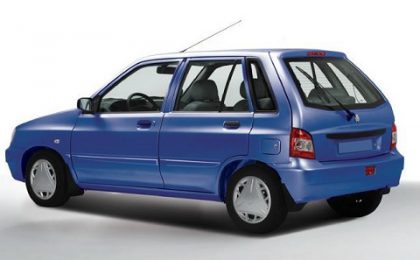According to “Tehran Chamber of Commerce, Industries, Mines and Agriculture” (TCCIMA) Iranian parliamentarians have harshly criticized foreign automotive companies over their “lack of commitment” and for terminating their operations in Iran in the face of US sanctions.
Right-leaning MP Vali Maleki, who believes that the US embargo will be lifted sooner or later, says, “We should not roll out the red carpet for international car-makers again”, which have been “unreliable partners” for Iranian firms.”. Of course, he insisted on the EU side.
“This is not the first time that foreign car companies like Kia, Peugeot and Citroen have severed their ties with Iran. During the previous round of US sanctions, they did the same,” he added.
The MP notes that South Korea has extensive economic ties with the US, therefore South Korean firms would leave Iran on the slightest US move.
“Local car companies must focus on technologies and curbing their reliance on foreign suppliers.
He also notes that the ministries of industries and defense have drawn up plans for indigenizing technologies related to auto production.
However, even prior to the imposition of harsh US sanctions against Tehran and despite the support of international players, no significant achievements were made in the field of indigenizing auto technologies.
Considering the headwinds facing Iran’s auto industries, the realization of indigenization goals might be a fantasy, although it might provide a talking point for politicians and embattled company managers.
Reformist view
Reformist MP Mohammad Reza Mansouri also calls the departure of foreign automotive firms from Iran “inconsequential”, stressing that lack of efficiency is impeding the local auto industry.
He believes that by boosting management and curbing overheads, “Iran’s auto industry can become efficient and even double production.”
This is while the Iranian car companies are reliant on foreign suppliers for sustaining even the production of models like SAIPA’s Pride that has been made in Iran for nearly three decades.
After US President Donald Trump embargoed Iran, the local auto industry’s ties with the global supply chain were almost severed when most automotive partners suspended their Iran operations. This led to a sharp fall in domestic car output.
Since June 2018, Iran’s auto production has been plummeting.
With raw materials and auto parts supply getting bottlenecked, car production plummeted sharply. In the last fiscal year (ended March 20, 2019), a total of 955,923 cars and commercial vehicles were produced in Iran, indicating a 37.8% year-on-year decline.












